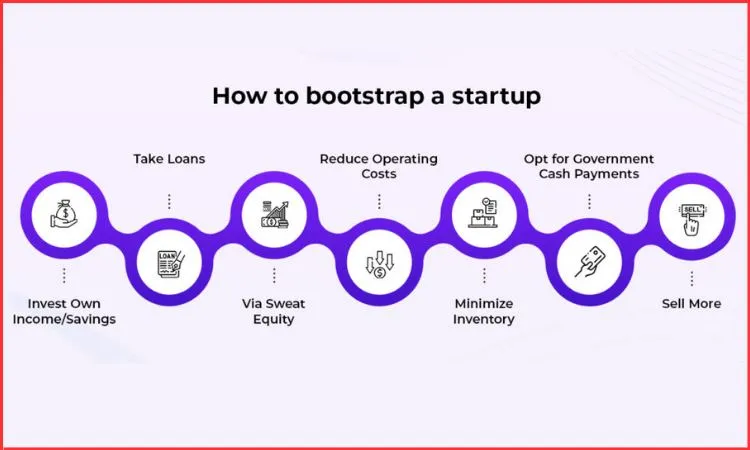Startup valuations reveal how well a business can use fresh funding to expand, satisfy investors and customers, and reach new heights. These days, there are hundreds of unicorn values, or companies worth $1 billion or more. Today, there are startups worth $10 billion, known as decacorns, and even more than $100 billion, known as hectocorns.
These computations aren't as objective as you may expect, despite their impressiveness. The skills of your team, the product, the assets, the business strategy, the total addressable market, the performance of your competitors, the market potential, goodwill, and other elements may all be taken into consideration in a startup valuation.
It is possible to start with tangible economic figures if you have real revenues. However, when it comes to startup funding, your business is ultimately worth what you and your investors determine it is. Additionally, the majority of venture capital companies and angel investors employ a number of methods to determine a company's pre-money value, or its worth prior to investment.
It's safe to argue that determining a startup's worth is a combination of art and science. Understanding the various company valuation techniques can be beneficial, regardless of whether you're in the pre-seed stage or have just started offering stock options to your staff. Eight strategies for valuing your business and being ready for upcoming fundraising discussions will be covered in this post.
5 popular techniques for startup valuation.
There will always be a degree of guesswork involved in value calculation, but there are some useful resources you can keep on hand. A balance sheet and other financial documents are crucial. Be ready to evaluate your team's expertise and abilities and pinpoint its advantages and disadvantages.
1. The method of Berkus.
Venture investor Dave Berkus developed the Berkus Method to determine values for pre-revenue startups—that is, companies that have not yet achieved large-scale sales of their goods. The goal is to provide five important success criteria that are present in early-stage firms monetary values.
The straightforward approach assists investors and founders in avoiding inaccurate values based on forecasted revenues, which are seldom met by new enterprises within the anticipated time frame.
Read also: How to handle post-exit transitions for startups
2. The method of comparable transactions.
Because it is based on precedent, the Comparable Transactions Method is one of the most widely used startup valuation strategies. "How much were startups like mine acquired for?" is the question you are attempting to answer.
Consider the hypothetical acquisition of Rapid, a shipping company, for $24 million. 700,000 people used its website and mobile app. That comes to about $34 per user. You have 120,000 users on your shipping startup. As a result, your company is worth around $4 million.
Revenue multiples for comparable businesses in your industry can also be found. It can be typical for SaaS enterprises in your industry to produce five to seven times the net sales of the prior year.
3. The scorecard technique of appraisal.
For companies without income, the Scorecard Method is an additional choice. Additionally, it compares your firm to others that have received funding but have additional requirements.
The first step is to determine the average pre-money worth of similar businesses.After that, you'll think about how your company compares to the following attributes.
- Team strength: 0% to 30%
- The opportunity's size: 0–25%
- Service or product: 0–15%
- Environment of competition: 0%–10%
- Partnerships, sales channels, and marketing: 0%–10%
- Additional investment required: 0-5%
- Other: 0%
Read also: Best Practices For Funding Rounds And Business Exits
4. The cost-to-duplicate strategy.
The naming of this technique is crucial. You're calculating the cost of starting your business again, less any intangible assets like goodwill or your brand.
The fair market value of your tangible assets is simply added together. Costs for product prototypes, patents, research and development, and other expenses may also be included.
This method's intrinsic inability to fully capture a company's worth, especially if it is generating money, is a significant disadvantage. You might have to overlook factors that are especially important when determining the price of your firm, such as your consumer involvement.
5. The way of summarizing risk factors.
This is a more comprehensive approach to startup valuation. Begin with a preliminary assessment using one of the other techniques described below. Then, depending on the dangers to your firm, adjust that monetary value in multiples of $250,000.
A double-plus grade (++) is given to low-risk components, increasing your worth by $500,000. You deduct $500,000 from the double-minus grade (--) assigned to high-risk items.
For example, you may put merely $250,000 yet give your online custom apparel company a favorable rating if there is a small but low chance of competition.










